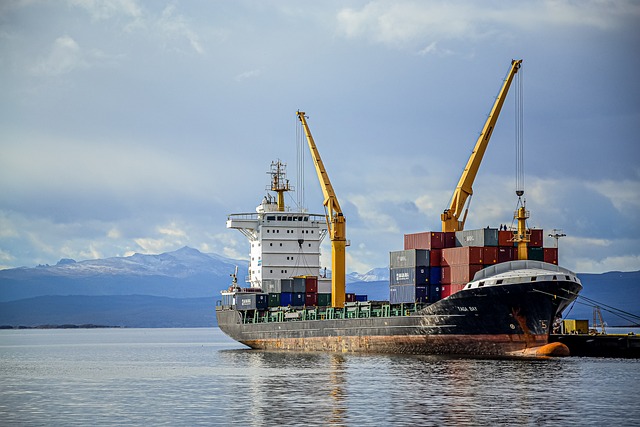As the world grapples with the urgent challenge of climate change, every sector must play its part in reducing emissions. One area that often flies under the radar is air cargo transport. While it’s vital for global commerce, the environmental implications of this mode of transport are increasingly significant and deserving of our attention.
Air cargo transport is integral to the timely delivery of goods, especially perishable items and emergency supplies. However, it’s also one of the highest emitters of greenhouse gases per mile. This duality presents a unique challenge: how can we harness the efficiency of air cargo while minimizing its environmental impact?
Given that the logistics and transportation sector accounts for a significant portion of global emissions, the air cargo industry is under pressure to innovate. Solutions such as adopting fuel-efficient aircraft, optimizing flight paths, and utilizing sustainable aviation fuels (SAFs) are essential steps for reducing the carbon footprint of air freight. These innovations not only help in decreasing emissions but also raise awareness about corporate responsibility and social sustainability.
Moreover, air cargo transport companies are increasingly looking at carbon offset programs. By investing in renewable energy projects, reforestation efforts, and emissions-reduction technologies, the industry is taking proactive steps towards mitigating climate change. Companies like UPS and FedEx have pledged to achieve carbon neutrality by 2040 and 2040 respectively, showing that the drive for sustainable practices is gaining momentum.
As consumers become more eco-conscious, the demand for greener logistics options is growing. This shift in consumer behavior is influencing companies to adopt more sustainable practices in their supply chains. The air cargo sector can contribute to this societal shift by actively engaging with stakeholders and promoting sustainable air transport solutions.
In terms of the wider environmental implications, the efficiency of air cargo plays a crucial role in reducing waste. By expediting the delivery process, less time is wasted in storage, and perishable items can reach their destination quicker, reducing the likelihood of spoilage. Efficient air transport ensures that products arrive when needed, cutting down on unnecessary additional journeys that contribute to emissions.
Ultimately, as we look to the future, the role of air cargo transport in emission reduction cannot be understated. The pathway ahead may be complex, but with collaboration between industry leaders, governments, and consumers, we can transform air cargo into a more sustainable segment of global logistics. By addressing these critical environmental and climate implications today, we are taking steps to ensure a healthier planet tomorrow.



